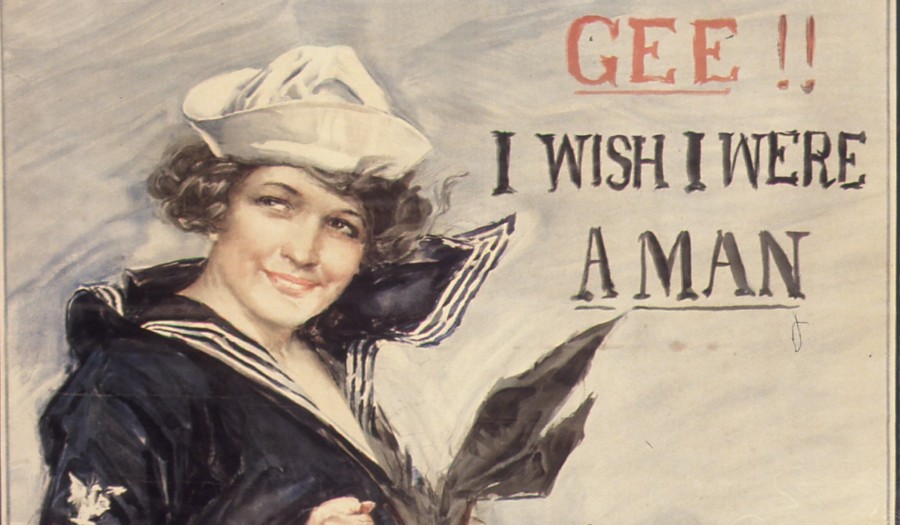The phrase “be a man” is harmful to men and women
March 2, 2016
“Come on bro, man up.” “Act like a man.” “Be a man.” These phrases are heard by boys from a very young age from the media, their peers and sometimes even their own parents. These phrases can form a destructive gender expectation for themselves and the people around them. “Be a man” is used in attempts to say “be tough.” It can be used by coaches when giving a pep-talk to the baseball team and by fathers who are comforting their sons. As much at is may sound encouraging, it is destructive. It drives both genders into thinking that being tough is a trait that only applies to men and stimulates themes of hypermasculinity.
One of the driving forces of hypermasculinity is the media. The media enforces a “macho ideology” and models manliness as having lots of power, money and women.
There are numerous popular characters which portray these three traits such as Gaston from Beauty and the Beast, every male character in Mulan and the typical football player character, in high school movies.
Let’s take Hercules as an example. Hercules is a white male shown with large muscles and tall stature. He’s paired with a short, chubby sidekick who is used as comic relief. The sidekick is usually weak, clumsy and emotionally sensitive and exemplifies the strong, heroic traits of the main character. “It tells men that they should not only be physically strong but brave, emotionally unwavering, unquestioning in the face of danger, knowing exactly what to do and when to do it or risk looking like a fool,” said YouTuber Laci Green during an interview with the Huffington Post. It seems as though Disney has made a statement on what masculinity should look like and has created an unattainable standard for boys at a very young age.
These unfair portrayals of masculinity in the media situates men and women to be subjected to gender roles and skewed expectations. Women are not only impacted by these gender stereotypes but they often generate towards men. People can be extremely open about their ideal “type,” which is great if you are testing out the concept of honesty, but when women say things such as “I don’t date short guys,” or “I only like muscular guys,” it encourages the limiting stereotypes of what it means to be a man, or an attractive one, at least. Other phrases that are directed towards women, such as “you act like a little girl ”and “you throw like a girl,” promote the belief that femininity is a sign of weakness and vulnerability. This supports the false generalization that women are the weaker and powerless gender.
It may seem harsh to assume that by saying “be a man” to your male friend, you are guiding him on the path to becoming an insecure, catcalling pervert. It will be hard to rid these expressions from our vocabularies, as they are so deeply engrained within our minds. But by being aware of the consequences that our words have on others, it will help lessen gender disparities and lessen the amount of discriminatory remarks made ignorantly.
The media is a significant element in modern society, so it is not something to ignore. People should be more selective with the media sources that they follow and use it as a platform for awareness and discussion. Parents have a tremendous amount of power with selecting what their young children are exposed to. I am not supporting helicopter parenting or spying on kids but by I strongly suggest for parents to have discussions about gender with their kids and to refrain from using those types of phrases. The way to a gender-discriminatory free world is distant, but the act of eliminating these phrases from the media and from our mouths will help guide us to this goal.

















